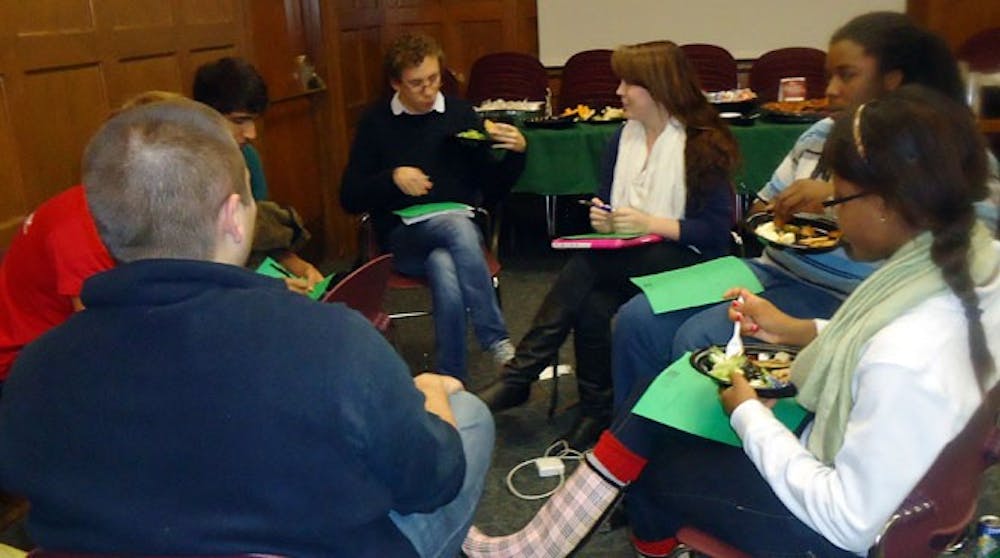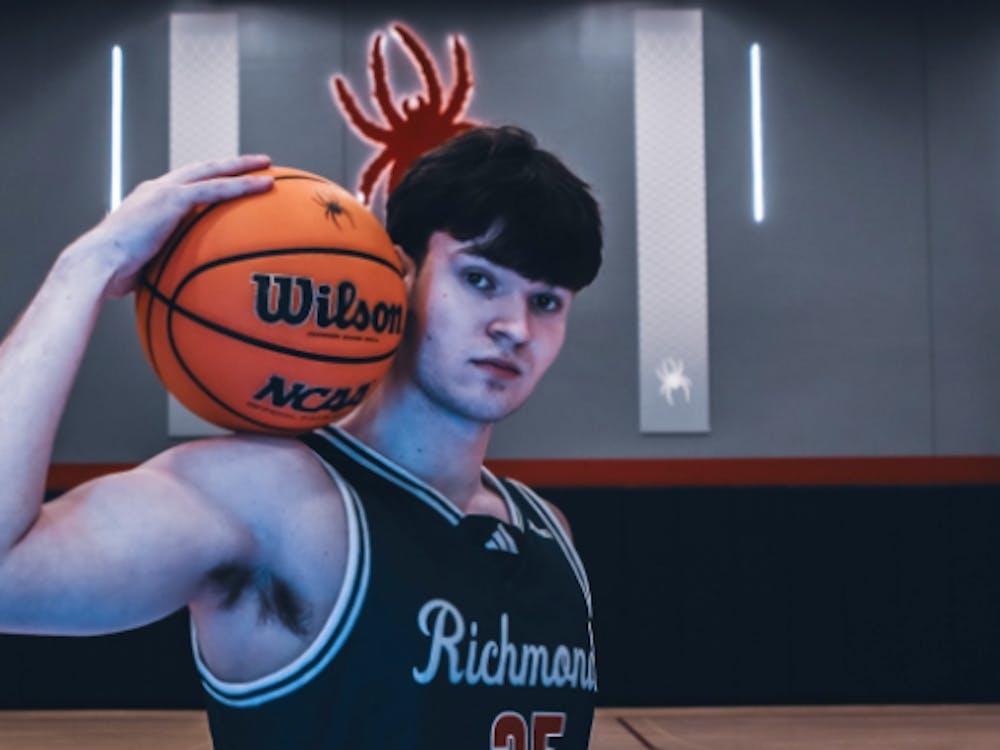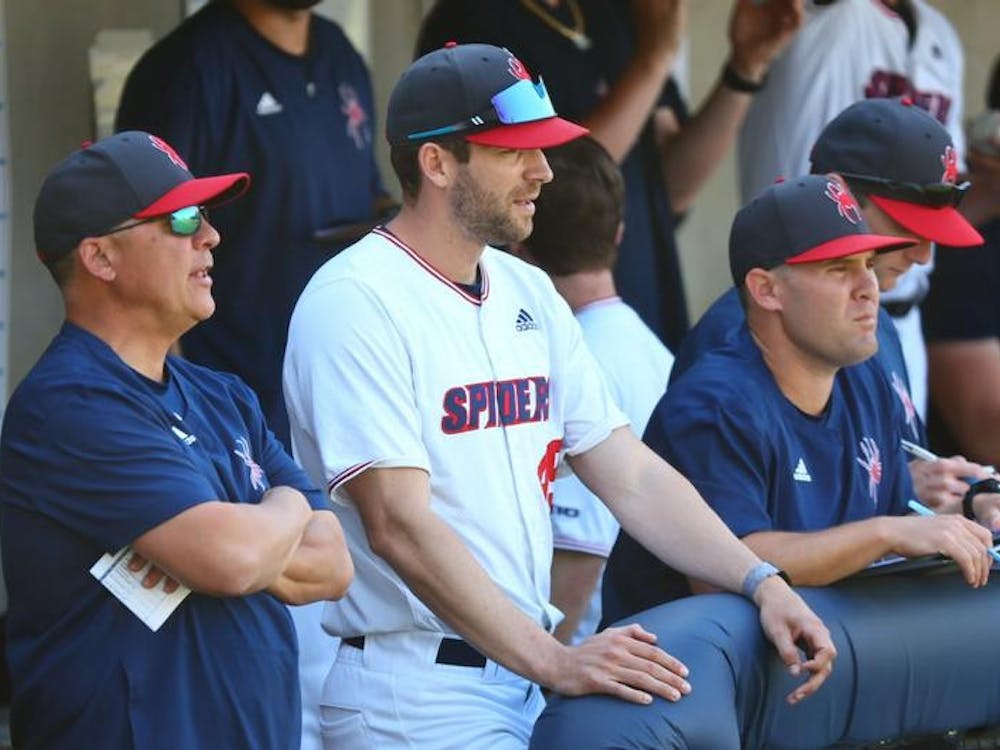Some students of the University of Richmond want to see change on the campus, and the Student Activities Board is helping to make some of those changes.
The first official Student Leader Town Hall met on Thursday, Nov. 17, in the Keller Hall reception room to allow each club a voice for what new directions should be taken.
Does our community lack ambition? Is the rise in diversity plagued with a clique problem? Do the administrators have their priorities in check? These were just a few of the discussions that fueled the meeting.
Anthony Crenshaw, assistant director of student activities, said the initiative for this meeting had been taken to demonstrate how students could create opportunities through community and communication. He said it was an attempt to create a forum that gave everyone a voice.
Organized by Student Activities, Westhampton College Government Association and Richmond College Student Government Association, the groups that attended ranged from CAB to GreenUR to the Bollywood Jhatkas.
"This is an opportunity to talk about what's on our minds and what's happening on campus," WCGA President Allie Miller said.
Through a comedic icebreaker, the attendants were broken into groups and Crenshaw asked them to brainstorm specific ideas as to what their expectations were for the university and what they believed the biggest campus issues to be. Narrowing their discussion down to three main points, each group seemed to focus on basically the same themes.
After touching on some sensitive topics, the groups generally chose to focus on broader problems that can be heard every day among the typical Richmond student. The most common concern: lack of involvement with student-run events. One participant said that the schedules of all the clubs are often conflicting, which the groups agreed can make it difficult to support other organizations.
Because of this idea, collaboration between clubs was promoted as one of the top three issues. One group said that this meeting had been productive because it gave club members an opportunity to build connections for the future advertising and supporting one another's events.
The second of the three main issues was the coordinate college system. During the meeting, the question was posed as to whether the system is effectively achieving its purpose. While some students said that it had helped maintain equality on campus, especially within student government, others argued that it had further segregates the campus and sets separate standards for each college.
The last main point of concern was the unmet expectation of a school-spirited campus. The question is whether students have other priorities or if a negative connotation has shadowed that aspect of student life. One student said that freshmen come in thoroughly excited through orientation week and play fair, but talking with the upperclassmen will give them negative views about the sporting events.
These three main issues were decided from a list of contributed ideas that were then voted on via a text message poll. Next, Crenshaw asked each group to further analyze two of the three points with three basic questions: What can be done as a person, what can be done as a student organization and what can be done as administration?
Enjoy what you're reading?
Signup for our newsletter
Overall, the student leaders said they were excited by being given the opportunity to discuss and make a change. They said that they realized they must now make the transition from talking about plans to taking actions for the desired change.
Contact reporter Caroline Merritt at caroline.merritt@richmond.edu
Support independent student media
You can make a tax-deductible donation by clicking the button below, which takes you to our secure PayPal account. The page is set up to receive contributions in whatever amount you designate. We look forward to using the money we raise to further our mission of providing honest and accurate information to students, faculty, staff, alumni and others in the general public.
Donate Now



